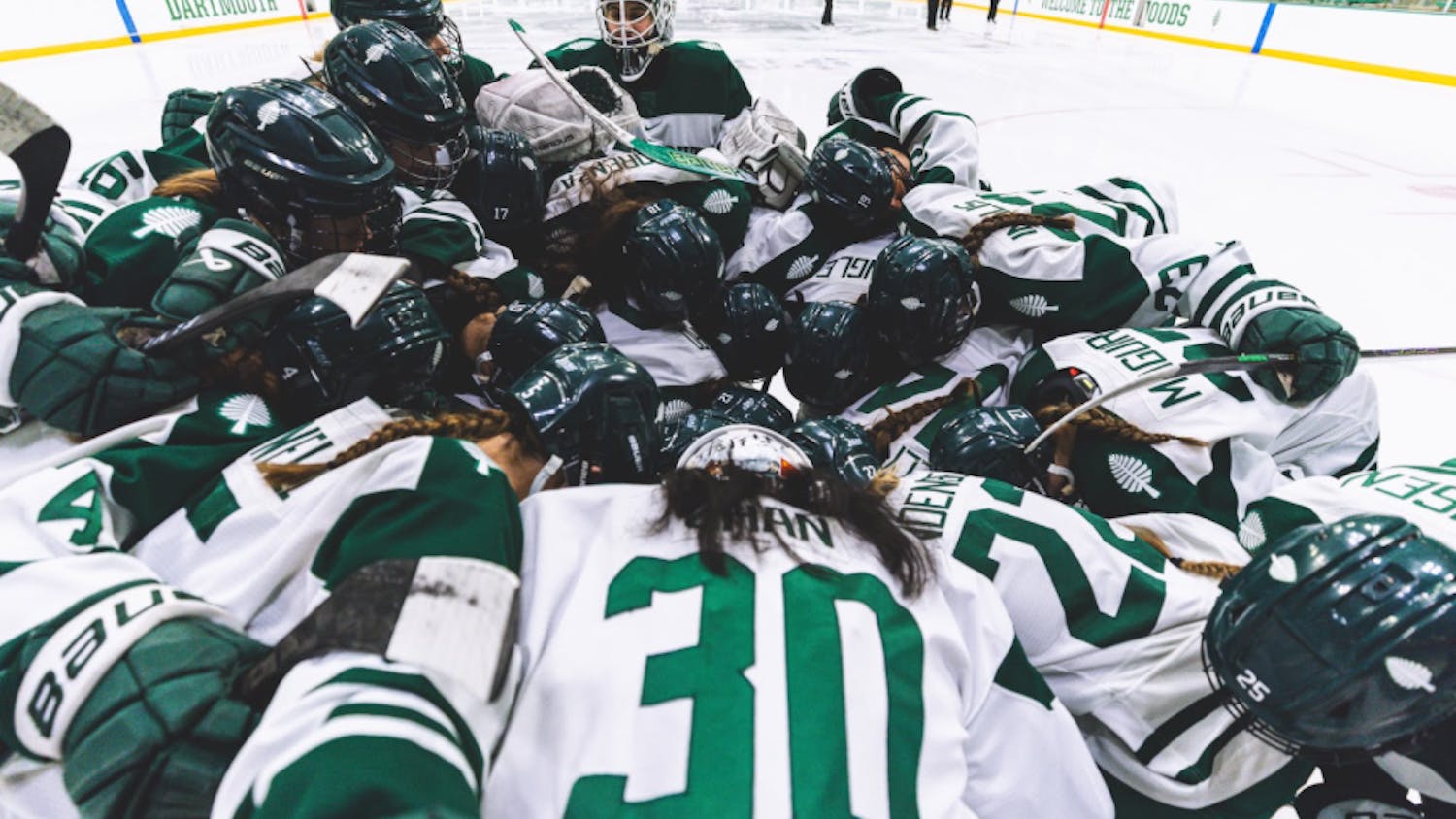Baseball fans love to bring up the lack of a clock in baseball. No matter what happens in the first inning, you have to record all 27 outs to win the game. The difference between this and say, a 60-minute football game, is subtler than it might seem. In football, a big hit might set a tone that carries a team through all four quarters. An early lead of just two touchdowns may quickly seem insurmountable for the opposing side. No matter how much time is on the clock, momentum is always critical in sports with time limits. One takeaway can completely shift the complexion of a game, and that shift can last for the game’s duration.
The same cannot be said in baseball. The momentum that builds over the course of a game or even a series can be reversed in a moment.
Game 3. The Chicago Cubs versus the San Francisco Giants. Madison Bumgarner, who has earned a reputation not only as baseball’s version of Paul Bunyan but also for long, dominant postseason starts and pitches on short rest come October, stood on the hill for the Giants. Bumgarner was fresh off a dominant complete game shutout of the Mets in the National League Wild Card game. With him on the mound, the Giants appeared poised to pull the NL Division Series to 2-1.
Then, in the top of the second, Bumgarner surrendered a three-run home run to the Cubs’ pitcher, 2015 Cy Young winner Jake Arrieta. Arrieta’s blast gave the Cubs a 3-0 lead in the game and made it seem inevitable that the team with the league’s best record in the regular season would move on to the NL Championship Series. You could see it in the Cubs’ dugout. Their reactions indicated that, in that moment, they were a team that believed it could knock off the 2010, 2012 and 2014 World Series champs.
The Giants chipped away at the Cubs’ lead but still trailed by one going into the bottom of the eighth. Even though they had given up a few runs, the power of Arrieta’s homer seemed to linger over the game. Then, Conor Gillaspie tripled home two runs, and Brandon Crawford singled home Gillaspie, bring the score, 5-3, in favor of the Giants.
Just like that, the nature of the game completely changed. The Giants took control and brought in Sergio Romo to put the game on ice as well as put themselves right back in the series. Then, Romo walked Dexter Fowler and gave up a home run to Kris Bryant that just squeaked over the left-field fence. 5-5. Once again, it seemed like the result felt inevitable. How could the Cubs possibly lose on the heels of such a dramatic comeback?
But once again, the game wasn’t over yet. There was still time for another narrative reversal. The game remained scoreless until the bottom of the 13th, when back-to-back doubles by Crawford and Joe Panik gave the Giants a walk-off win, 6-5. This time, not even 27 outs were enough to seal a win; it took 39, but the Giants got it done.
Going into Game 4, it felt like the Giants were sure to ride the energy of the previous night’s extra-innings victory. They built up an early lead, and, with a few exceptions, starter Matt Moore looked unhittable.
Fast forward to the top of the ninth. The Cubs trailed 5-2. All series, with the exception of Bryant, the Cubs’ stars had been silent offensively. Anthony Rizzo, Ben Zobrist and company kept quiet for most of the series. The series appeared posed to head back to Chicago for a winner-take-all Game 5.
Bryant led off the inning with a single off Derek Law. In keeping with the strategy he had employed almost every postseason game when Bumgarner didn’t pitch, Giants’ manager Bruce Bochy used one reliever per Cubs batter. Rizzo drew a walk from Javy Lopez. Then, a Zobrist double plated Bryant cutting the lead to two.
Joe Maddon pinch-hit for Addison Russell, bringing rookie Willson Contreras to the plate. Contreras singled home Zobrist and Rizzo. 5-5. Two batters later, Javy Báez brought home Jason Heyward, and the Cubs took a one-run lead. Aroldis Chapman struck out the side in the bottom of the ninth, and the Cubs had advanced to the NLCS.
If there is such a thing as momentum in October baseball, it is a fickle beast. The narrative of a playoff game cannot be written until 27 outs have been recorded and sometimes even after that. An early lead or late deficit can be erased without any notice.
There is a certain way in which football games can have a positive feedback loop. If you are moving the ball well, you will have the ball for more of the game and put yourself in a better position to win. In baseball, no matter how poorly a team plays through six or seven or eight innings, they still get the same number of opportunities to put themselves back in the game.
It allows a team that may have been outplayed to steal a game. It keeps games interesting when they otherwise might be over. Ultimately, the team that wins the World Series will be one that is able to finish off games while they have momentum and steal games back even when they don’t.



